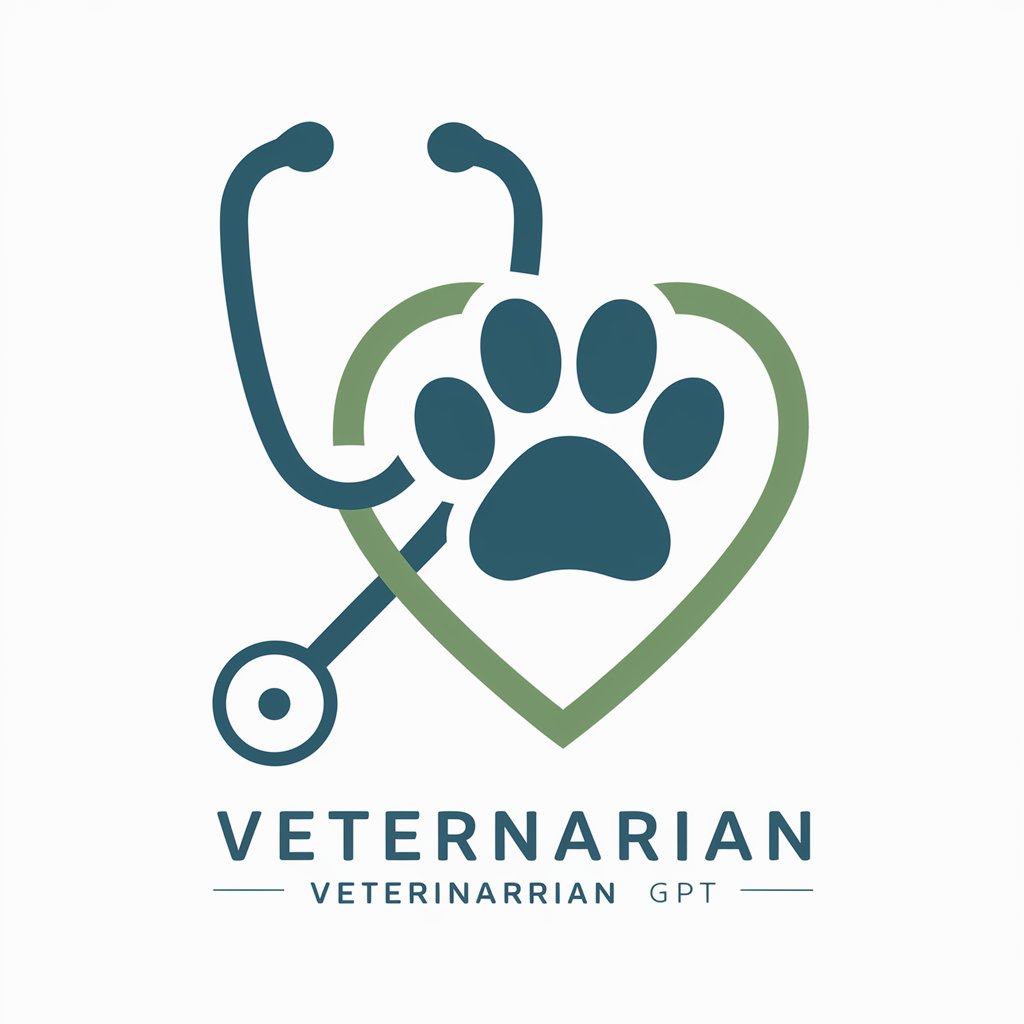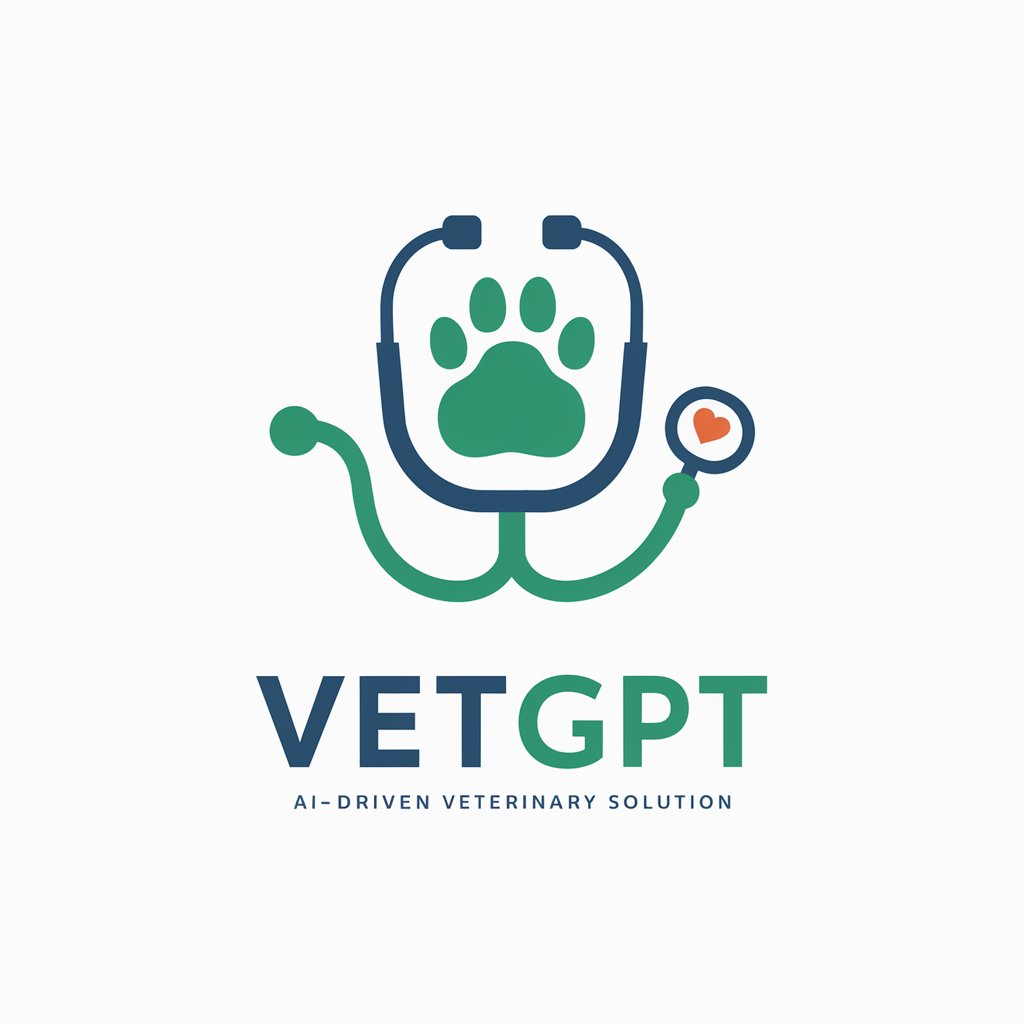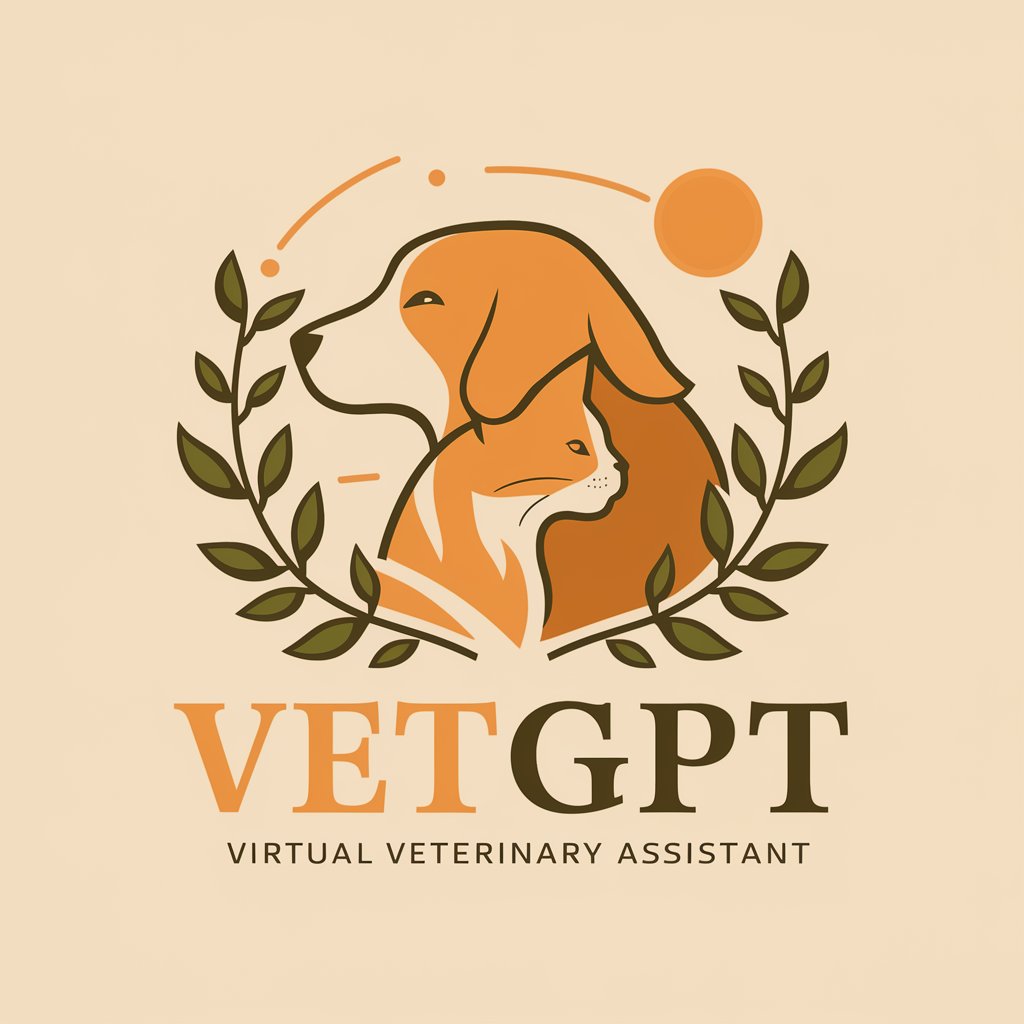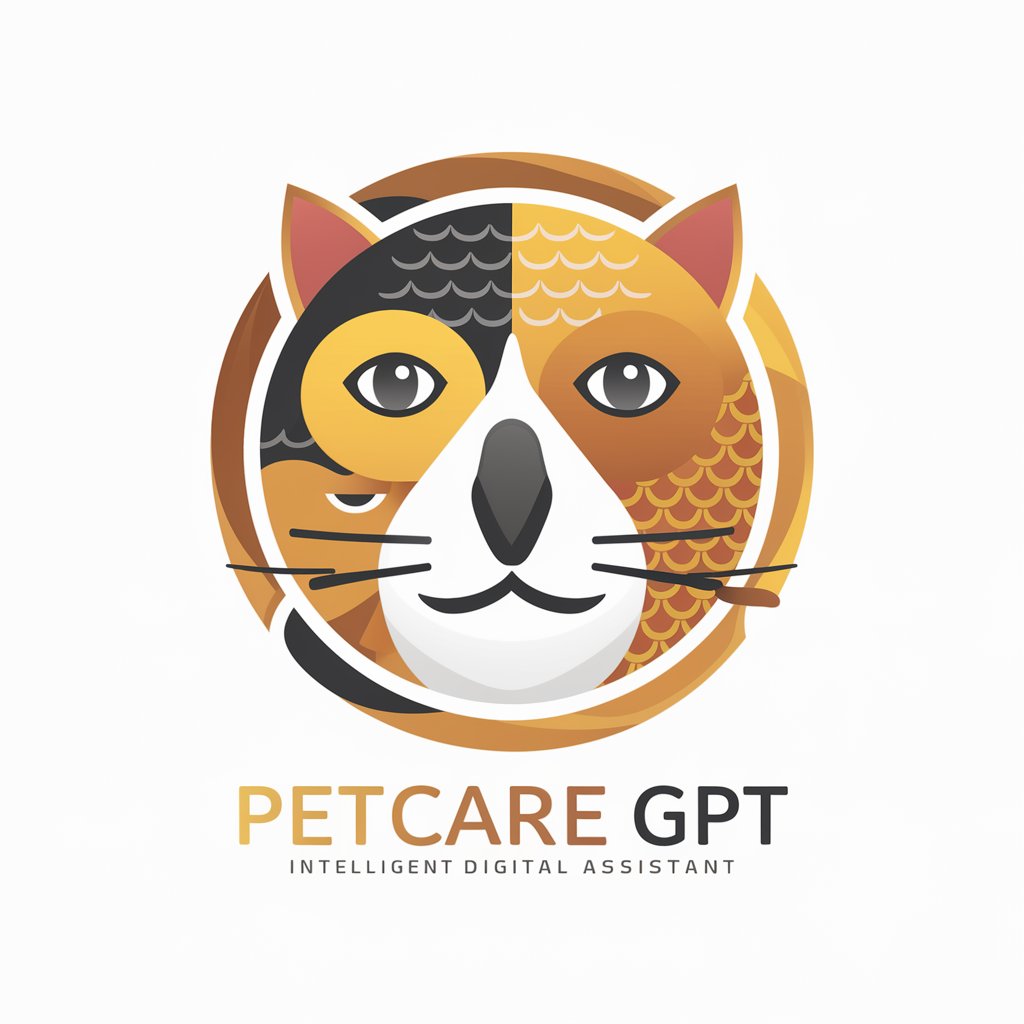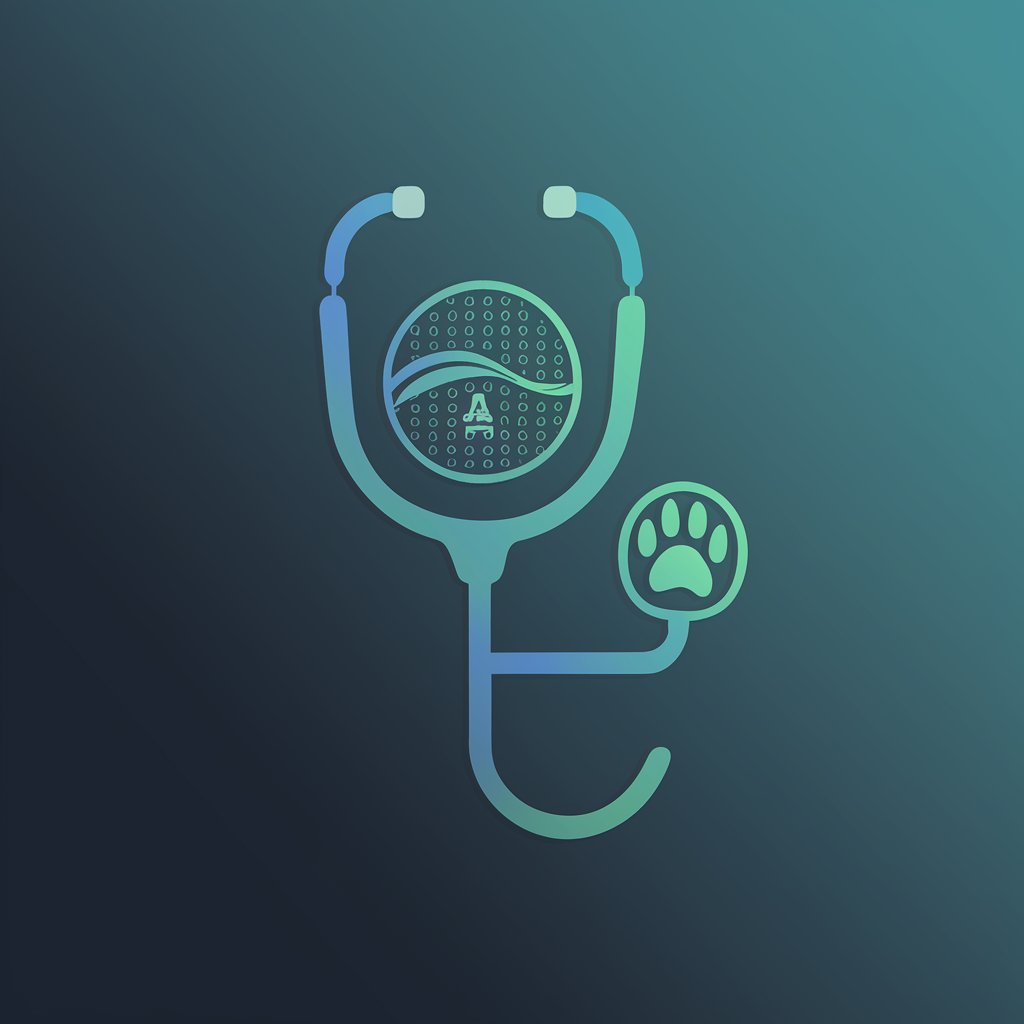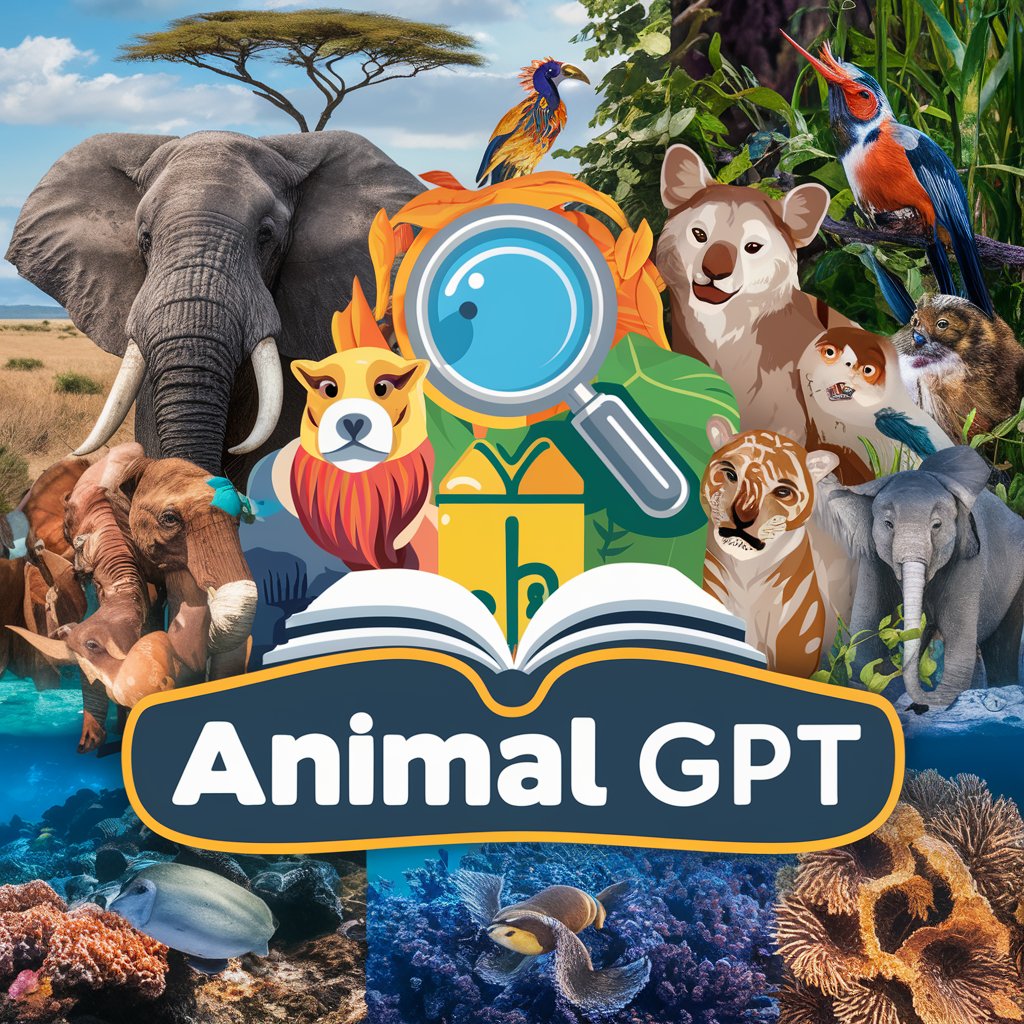
VetGPT - Pet Care Guidance AI
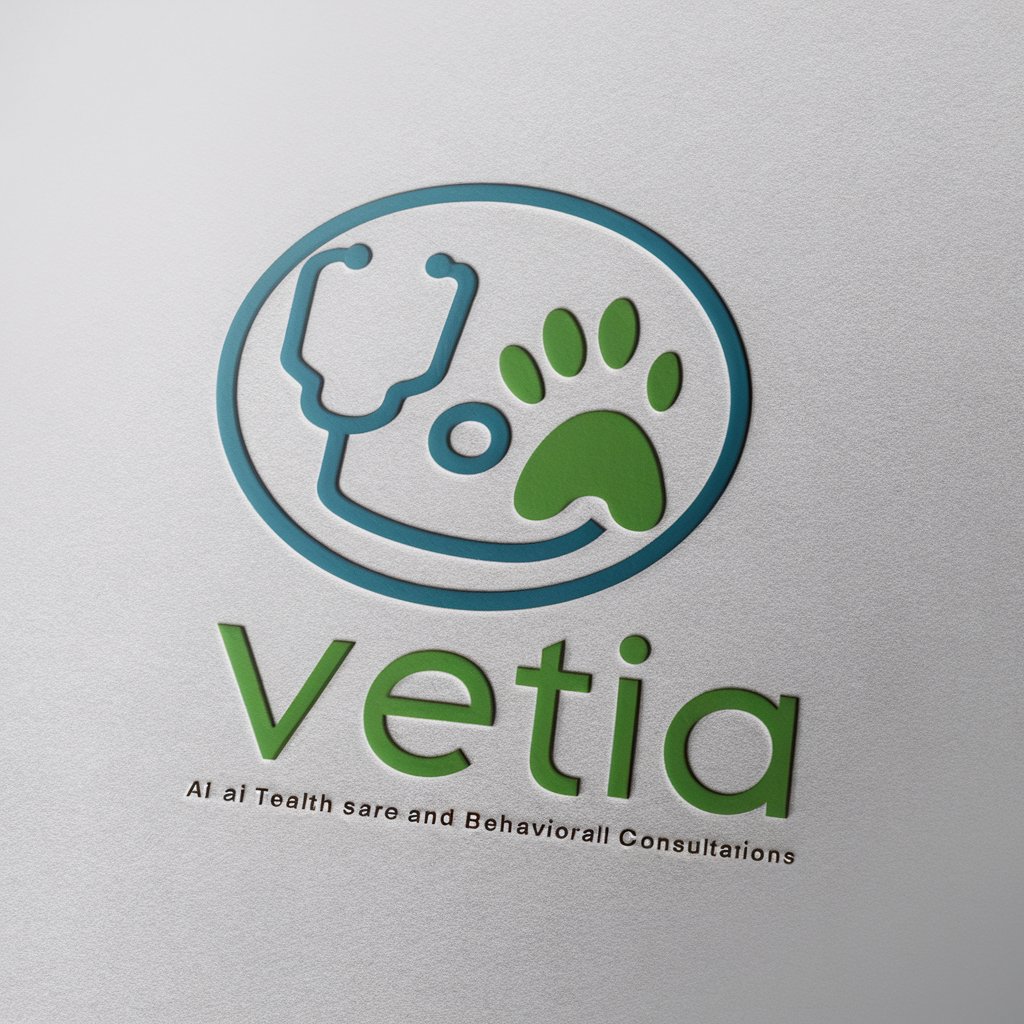
Hello! How can I assist you and your pet today?
Empowering pet care with AI
What can I do if my dog, Max, is showing signs of anxiety?
Can you provide advice on how to improve Bella's diet?
My cat, Whiskers, has been scratching furniture. What can I do to stop this behavior?
How can I help my rabbit, Fluffy, feel more comfortable in a new environment?
Get Embed Code
Introduction to VetGPT
VetGPT is designed as a specialized AI tool tailored for providing information and guidance on the health and medical care of pets, with a focus on animal behavior. It serves as a digital resource for pet owners, veterinary students, and pet care professionals who require immediate access to information related to pet health issues, preventive measures, first aid, nutrition, and behavioral insights. VetGPT provides in-depth responses based on current veterinary practices and established animal care knowledge, avoiding direct diagnostics or treatments that require face-to-face veterinary consultation. An example of its utility is when a pet owner notices unusual behavior in their dog, such as excessive paw licking. VetGPT can provide possible reasons for this behavior, outline general care advice, and suggest when it might be necessary to consult a veterinarian in person. Powered by ChatGPT-4o。

Main Functions of VetGPT
Information on Pet Diseases
Example
A user queries about symptoms of feline diabetes. VetGPT provides an overview of symptoms, potential risk factors, and general management advice without prescribing specific treatments.
Scenario
A user whose cat has been drinking more water than usual and urinating frequently can turn to VetGPT for initial advice before deciding to visit a vet.
Guidance on Pet Nutrition
Example
If asked about the best diet for an aging pet with joint issues, VetGPT offers dietary recommendations such as foods rich in omega-3 fatty acids to help reduce inflammation.
Scenario
A user with an elderly dog suffering from arthritis seeks advice on adjusting their pet's diet to manage symptoms better.
Behavioral Insights and Solutions
Example
VetGPT can explain the causes behind a dog's sudden fear of loud noises and offer strategies to help desensitize their pet to these sounds.
Scenario
A pet owner whose dog panics during thunderstorms seeks help to understand and manage this fear response.
Ideal Users of VetGPT Services
Pet Owners
Individuals looking for immediate, reliable information on pet care, especially for non-emergency health concerns and behavioral issues. This group benefits from VetGPT's ability to provide quick answers that can guide them on whether a vet visit is necessary or how they might help their pet at home.
Veterinary Students
Students who need supplementary educational materials related to pet health and behavior. VetGPT offers a convenient way to access detailed explanations and up-to-date care practices that can aid their studies and practical learning.
Pet Care Professionals
Professionals such as pet trainers, groomers, and shelter staff who require a deep understanding of animal behavior and common health issues to better serve the animals in their care and advise pet owners appropriately.

How to Use VetGPT: A Comprehensive Guide
1
Start by visiting yeschat.ai to access VetGPT for an initial experience free of charge and without the need to log in or subscribe to ChatGPT Plus.
2
Enter your pet-related question in the chat interface. Be as specific as possible about your pet's condition, behavior, or your general query to get the most accurate guidance.
3
Mention your pet's name, species, and any relevant details about their health or behavior to personalize the consultation and receive advice tailored to your pet's unique situation.
4
Review the provided information carefully. VetGPT offers comprehensive advice on animal health, nutrition, first aid, and behavior, but always consider a physical veterinary visit for diagnoses or treatments.
5
Use the follow-up question feature to dive deeper into any topic or to clarify any doubts. VetGPT is designed to provide detailed and comprehensive responses to your queries.
Try other advanced and practical GPTs
LM5148 Specialist
Optimize power, enhance efficiency with LM5148
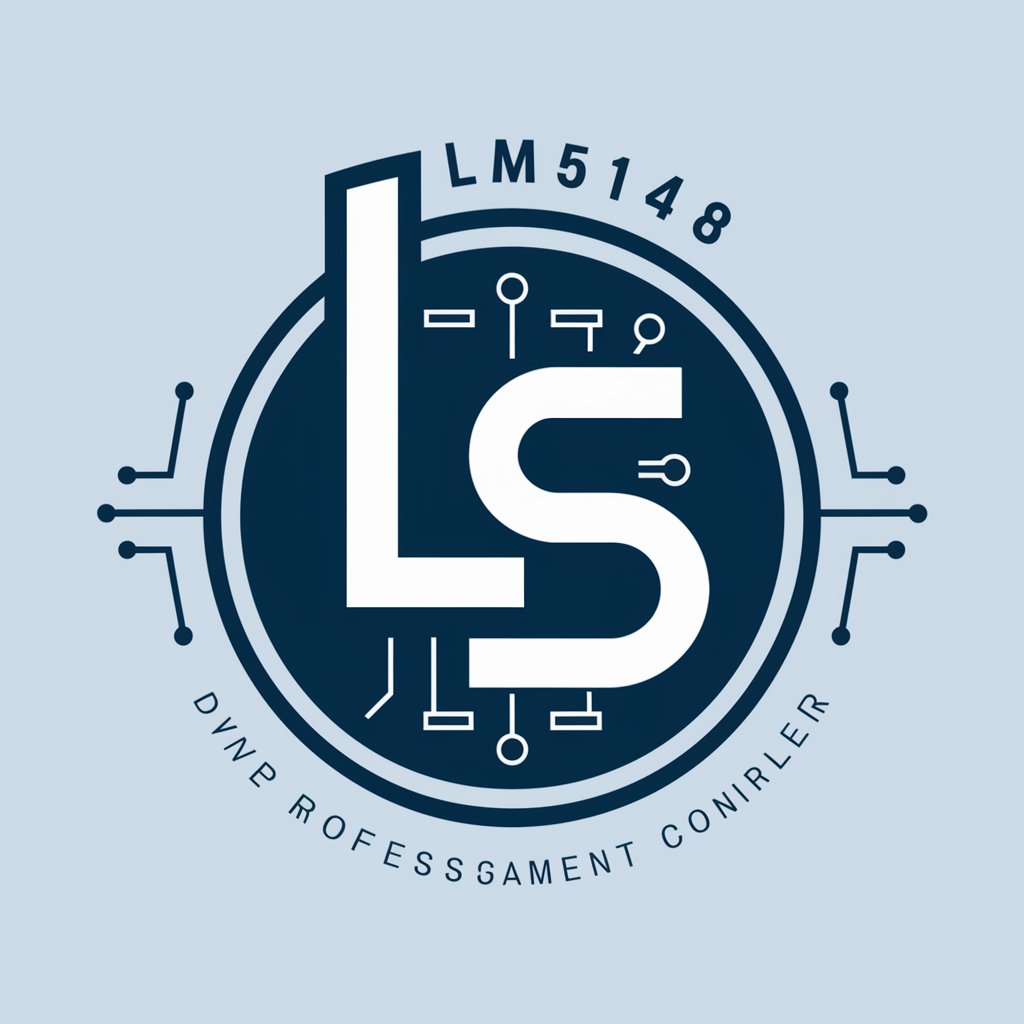
Ad Copywriter Pro
Crafting Compelling Copy with AI

SEO 마법사 - 네이버 블로그 SEO 최적화 포스팅 (워드프레스, 티스토리, 구글)
Elevate Your Blog with AI-Powered SEO

TereraAI Learn Language
Empowering Language Mastery with AI
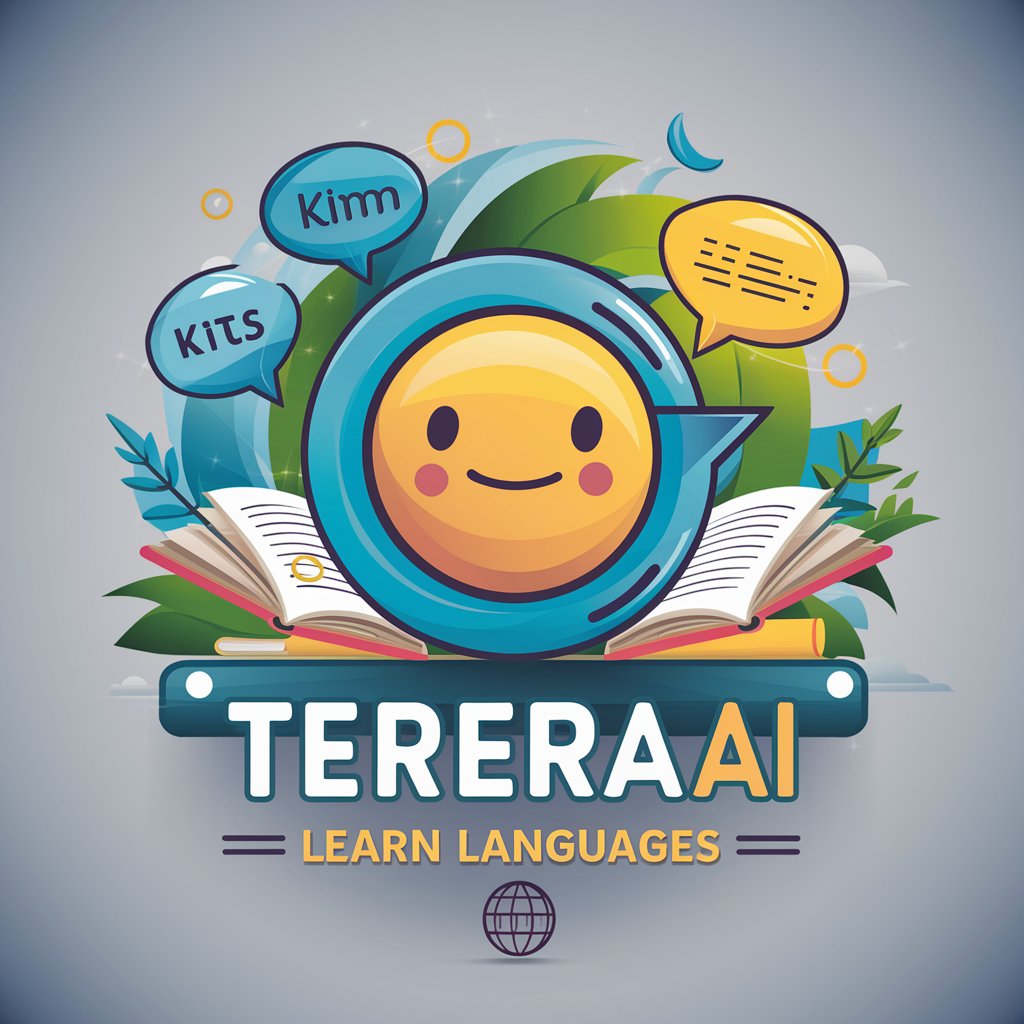
天思引
Unleash Creativity, Solve Complex Challenges

Baby Name Hero
Discover the perfect name with AI
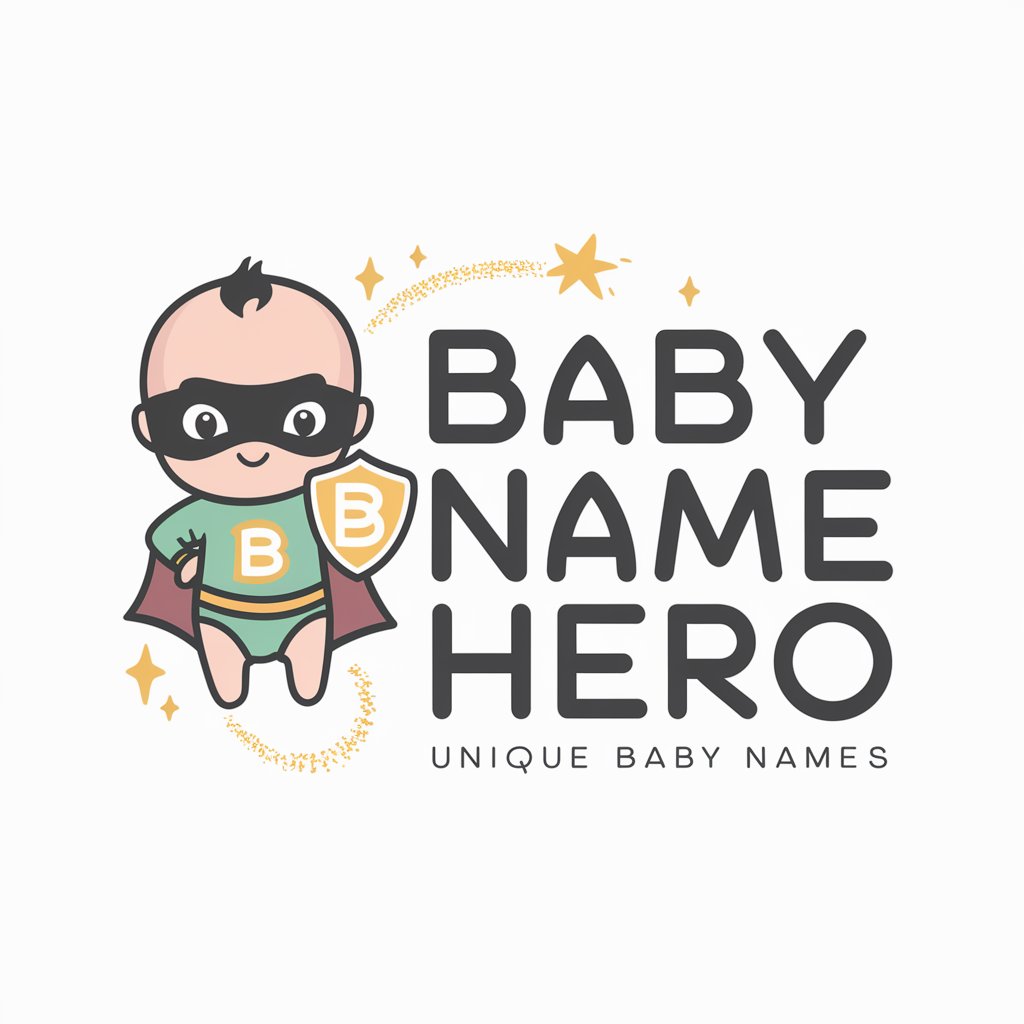
VetGPT
Empowering pet care with AI

VetGPT
Your Digital Vet Companion
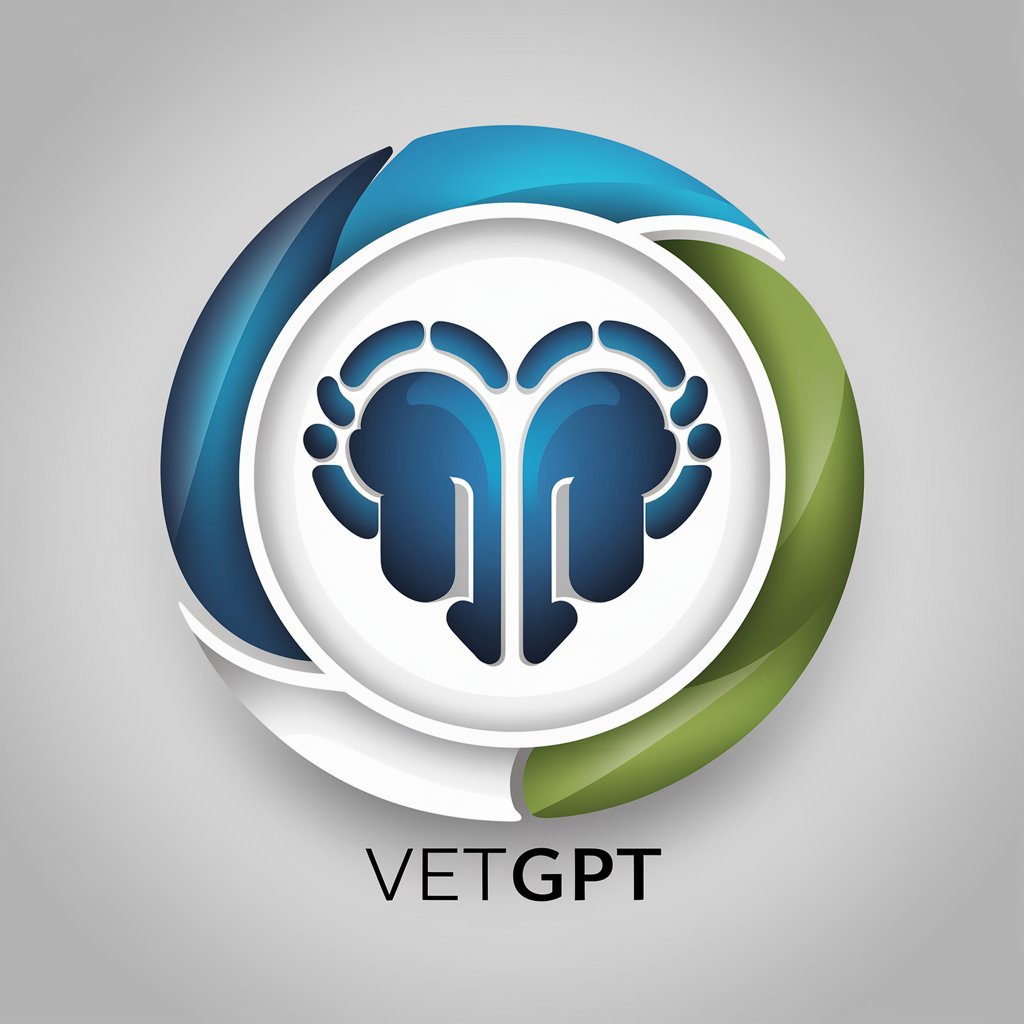
BetGPT
Elevate Your Betting Game with AI-powered Insights

VetGPT
Empowering pet care with AI-driven veterinary knowledge.
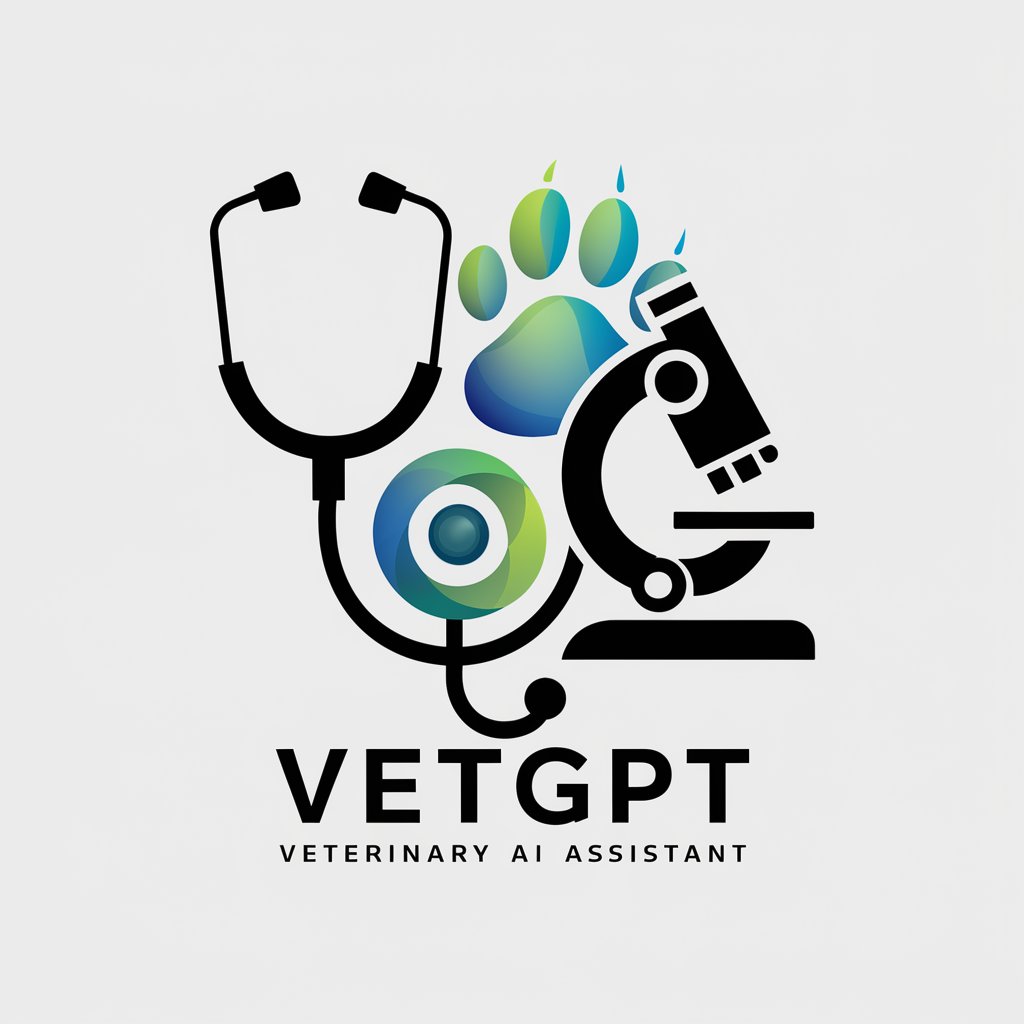
Swear Jar GPT
Turning Swears into Smiles with AI!

The Sweary Chef
Spicing up culinary advice with AI-powered sass.

VetGPT: Your Questions Answered
What kind of questions can I ask VetGPT?
You can ask VetGPT about a wide range of pet health and care topics, including but not limited to, disease prevention, nutrition, first aid, and animal behavior. We are here to provide guidance on keeping your pet healthy and happy.
Is VetGPT a replacement for a veterinary visit?
While VetGPT offers comprehensive advice on various aspects of pet care, it is not a substitute for professional veterinary care. We always recommend consulting a veterinarian in person for diagnoses and treatment plans.
Can VetGPT provide emergency medical advice?
VetGPT can offer first aid tips and guidance on what to do in an emergency, but immediate veterinary care is crucial in emergencies. Always contact your local vet or an emergency animal hospital.
How accurate is the information provided by VetGPT?
VetGPT draws on a vast database of veterinary knowledge and practices to provide accurate and up-to-date information. However, individual pet needs can vary, so personalized veterinary advice is always best.
Can VetGPT help with pet behavior issues?
Absolutely. VetGPT offers advice on common behavior problems and training tips. We provide strategies for addressing issues such as aggression, anxiety, and house training, among others.

